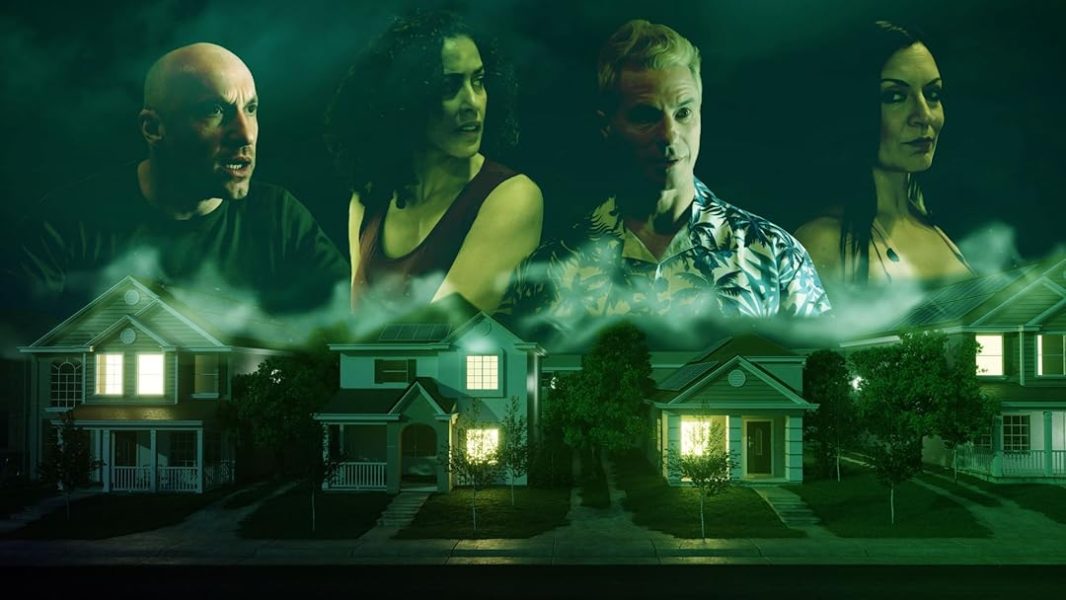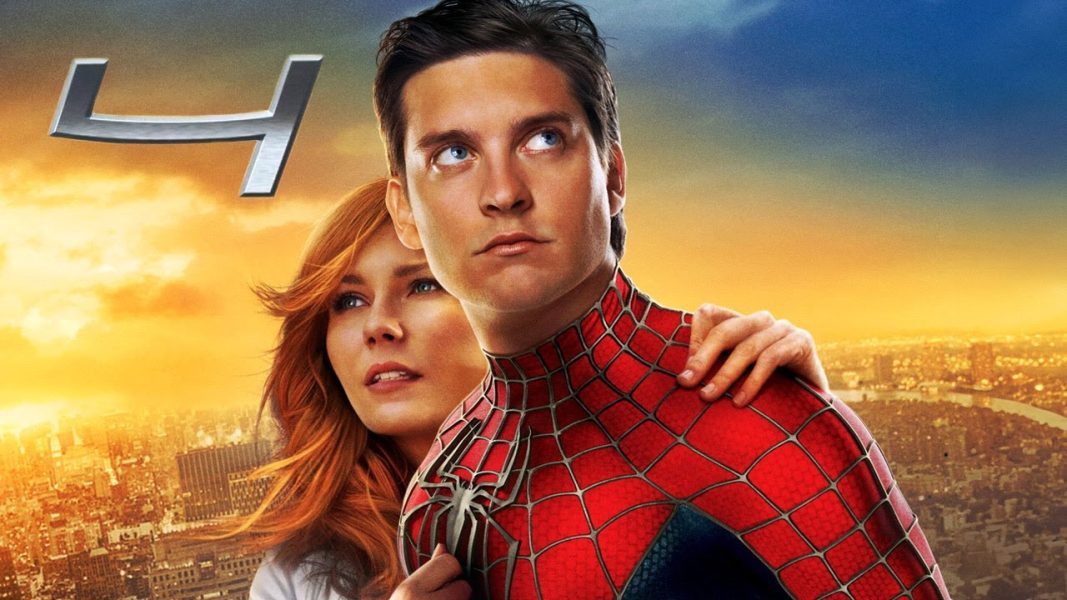Resident Evil: Welcome to Raccoon City (2021)—More Faithful Doesn’t Mean Better

Well, the time has come: 2021’s Resident Evil: Welcome to Raccoon City has finally been released in theaters. Yay, I guess. Film adaptations of the Resident Evil video game franchise has been done before with rather limited critical success. Does this new movie break that mold or does it join the other failed attempts in the Resident Evil Cinematic Graveyard?

The film revolves around college student Claire Redfield and her discovery of illegal experiments conducted by the Umbrella Corporation in a small town called Raccoon City. She returns to Raccoon city to warn her older brother, elite commando STARS member Chris Redfield, about the incidents, but he doesn’t listen. A siren goes off, and they both witness the effects of the Umbrella Corporation’s experiments: a virus that has managed to get into the city’s water supply. Chris is called by his superior to investigate a murder at the Spencer Mansion with other members from STARS, including Jill Valentine and Albert Wesker. Claire, on the other hand, is forced into the police station with rookie cop Leon S. Kennedy and Chief Irons. Both groups must survive the night and escape the city before it is destroyed.
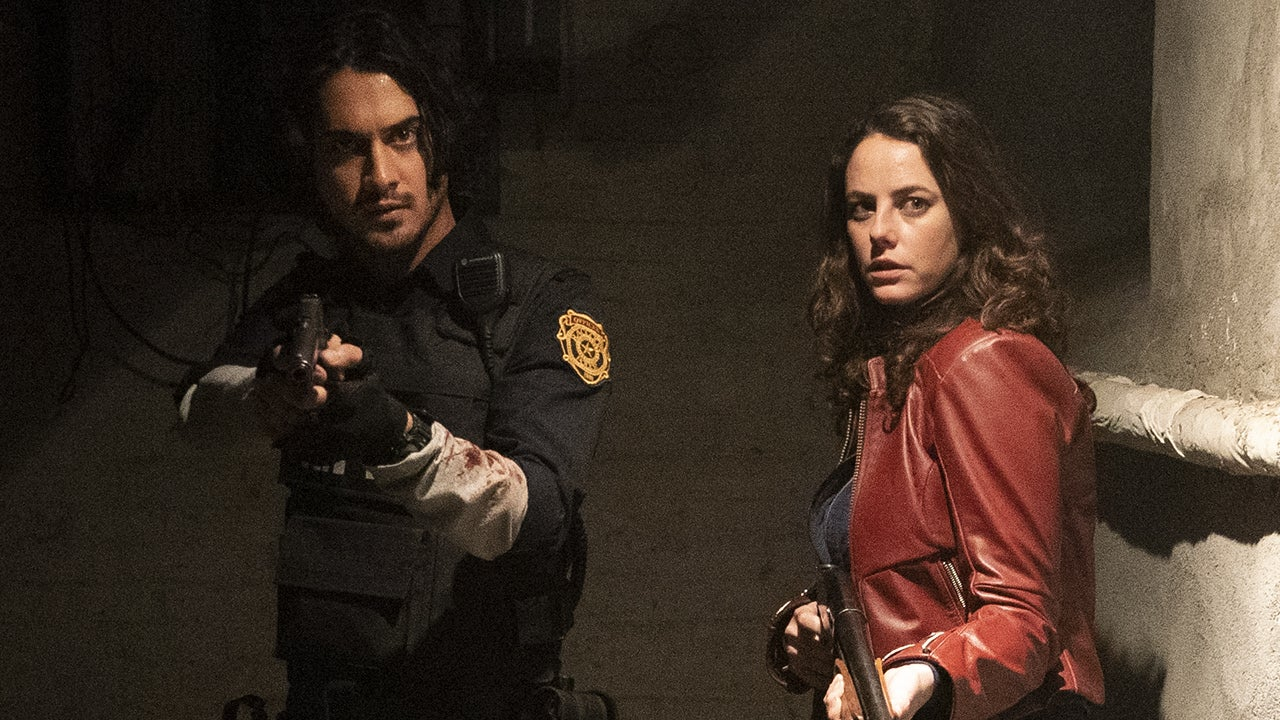
In general, the acting is fine. Kaya Scodelario as Claire is one of the better performances in film. Avan Jogia as Leon does a fine job, but he doesn’t play the Leon the fans were hoping for, opting for a comic relief character, along with a more awkward personality. Robbie Amell as Chris and Hannah John-Kamen as Jill were middle of the road, not bad but not good either. The rest of the cast weren’t anything special. The only other performances to note were Donal Logue as Chief Irons, who brought an angry cop vibe to a character that was a remorseless bastard in the games with less than five minutes of screen time. Finally, Tom Hopper as Wesker is likely going to be the primary sticking point for fans. However, he does fine with what he had, and would probably be just a minor footnote if he weren’t playing Wesker.
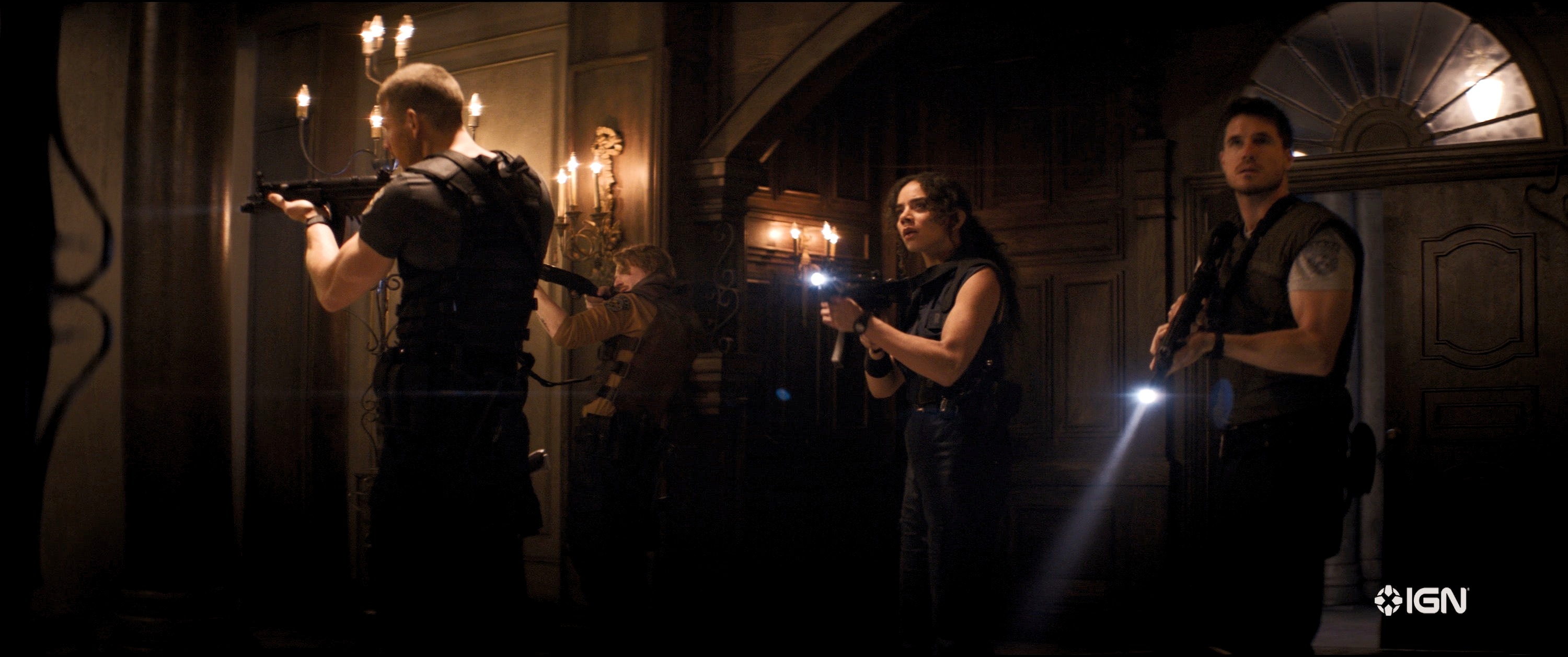
Now onto the positives of the film. Firstly, I liked the sets. They looked like areas that would actually be in the games, and the recreations of the RCPD lobby and the entrance of the Spencer Mansion look pretty good. Another positive was the effects, which were unobtrusive to the film. While the two CGI monsters are only passable, they only really appear at the end, with the zombies getting the most screen time. Luckily for everyone, the zombies looked pretty nice, despite being mostly generic. Finally, the fanservice parts were nice and showed that the filmmakers have some love of the series. Every other aspect of the film was fine enough….except for the story.
Oh boy, where do I start? Firstly, this film’s plot is a combination of the first two games, and it shows. Chris and Jill are transparently separate from Claire and Leon, and the two storylines don’t really merge together, so much as they just end. Chris and Jill also have the more uninteresting part of the story compared with Leon and Claire. This is especially true as the former two protagonists are just not interesting or memorable. I can’t even think of a personality trait for either of them. Leon and Claire spend the majority of their runtime in much less dangerous parts of the film. However, despite the lack of danger they have the more tense and interesting story of the two protagonist groups.
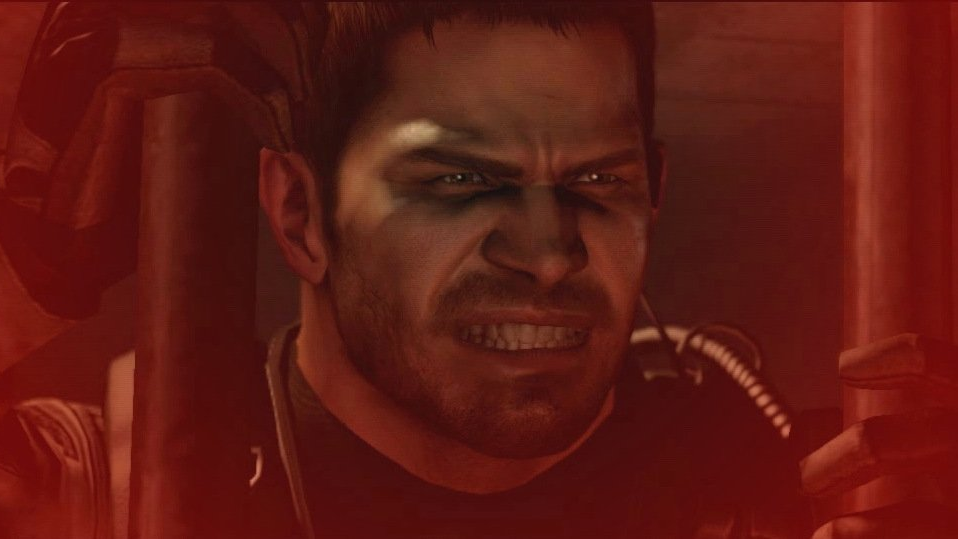
The film seems to attempt a storyline connection and emotional cord with Claire and Chris’ familial problems, but it almost never comes up. Chris never even mentions Claire’s name in his section so any interest in their sibling relationship is basically non-existent. Oh yeah, the film also has William Birkin take his family to retrieve his ‘life’s work’. And this family is important to the story, but are very likely to be forgotten by the audience considering how little screen time they get, along with how infrequent their appearances are in the film. The situation with Birkin shows the main issue with combining the first two games together: the film just doesn’t have the time to properly follow all of these plotlines. Additionally, many characters from the games don’t appear. For example, Barry and Rebecca from the first game, and Ada Wong from the second game don’t show up from opening to credits.
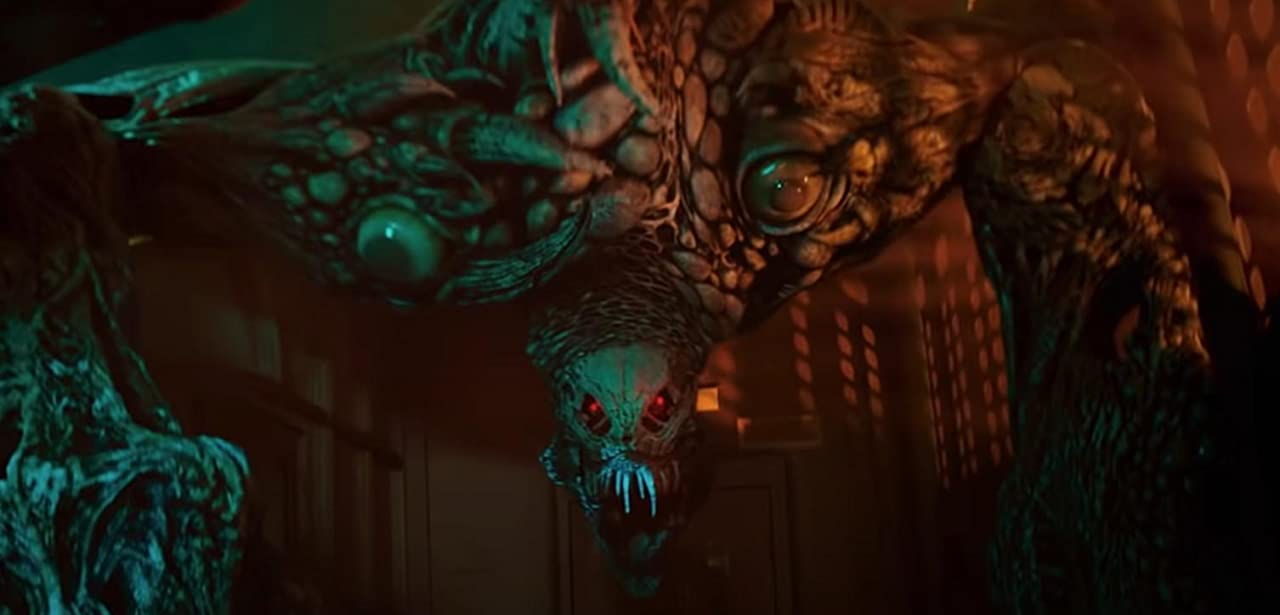
The character that will raise the most eyebrows in how they are written is without a doubt Albert Wesker. Wesker is one of, if not the main antagonist of the franchise, despite having been canonically dead since 2009. He is known for his cold outward behavior, the badass shades he wears, the insane amount of power he gets in the later games, and his “so bad, it’s good” performance in his last game. He’s even one of the few loyal elements of the games that Paul W.S. Anderson put in the previous Resident Evil films and portrayed decently. And those films basically did their own thing, only bringing in game elements for fanservice.
Despite the film being a more faithful adaptation to the games, Wesker is the least accurate part of film. The Wesker in WTRC is completely different from Wesker in literally every other appearance of the character. Rather than a calm and calculating foe he usually is, here we get a Wesker that seems to actually be a mostly nice guy. His first appearance in the film has him goofing off in a diner with his colleagues, something that the main Wesker would never do. He actually shows emotion and remorse and possibly has some principles. However, this portrayal is honestly not that bad. Sure we lost out on the usual Wesker, but the Wesker here works fine enough. It won’t alter his appearances in the future games, but is an interesting look.
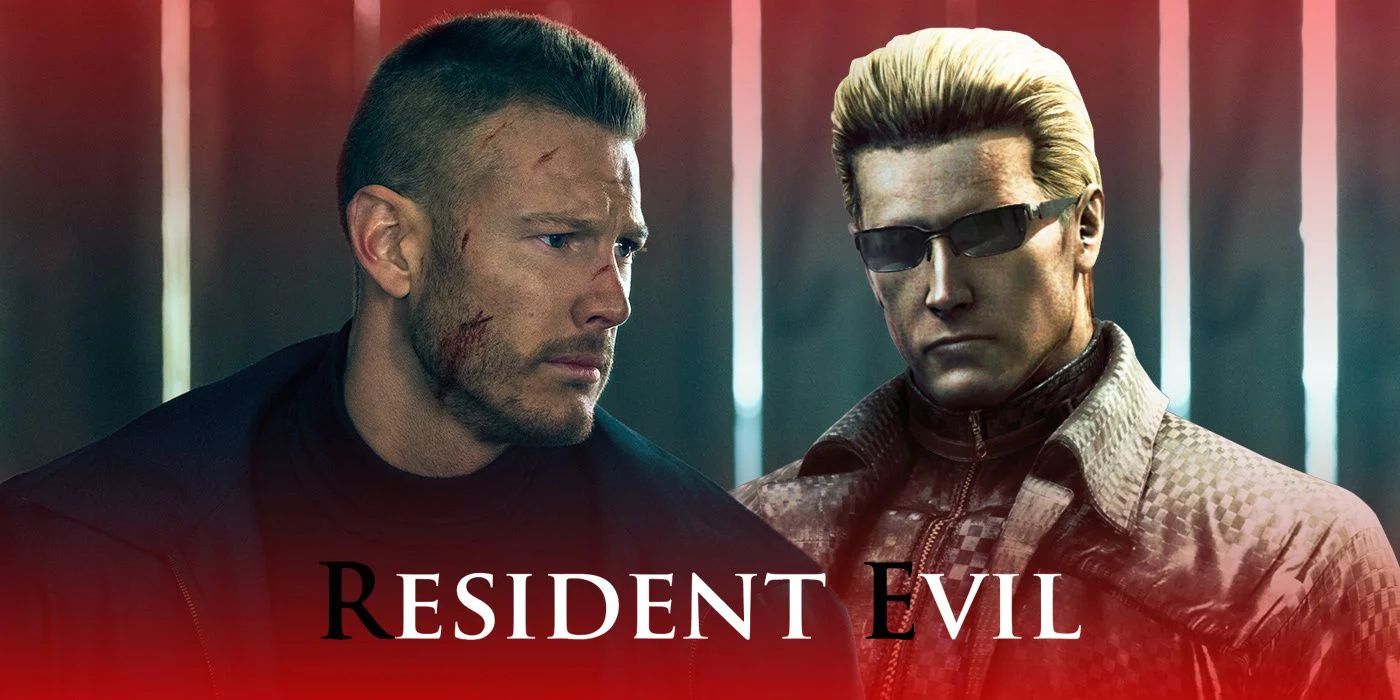
To conclude, 2021’s Resident Evil: Welcome to Raccoon City, is not really that good. It’s not terrible, but that doesn’t make it good. While the film is more accurate to the games, it never becomes anything beyond that. If you want a dumb zombie movie, then there are better and worse options. Compared with the W.S. Anderson films, it is better as a film in many ways, but is definitely not as memorable.
Co-Written by: Michael Li

